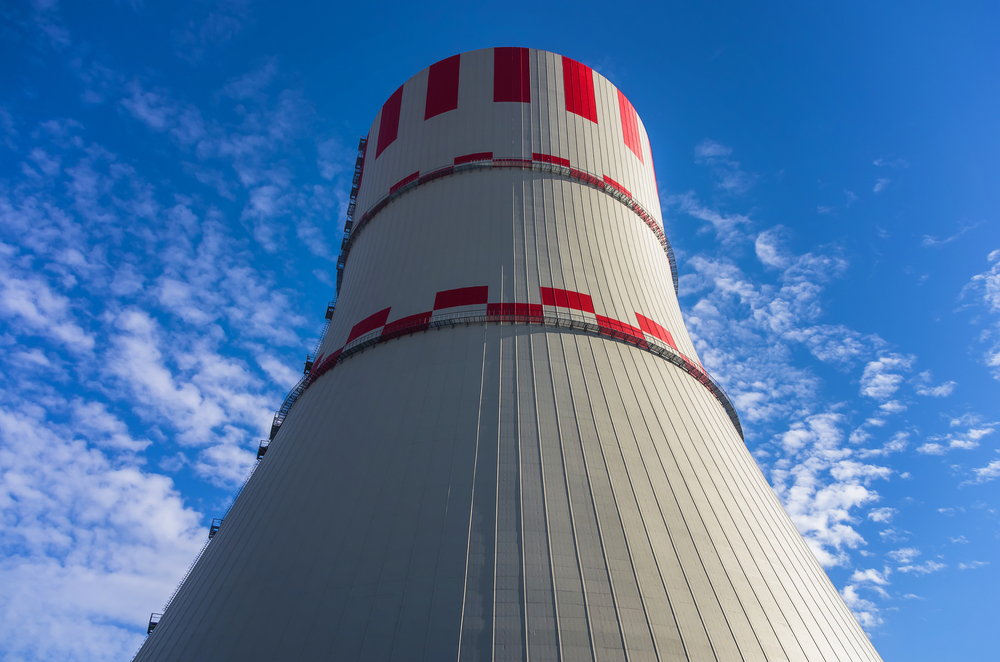
A forum hosted by the Carnegie Endowment for International Peace last week focused on the risk of nuclear conflict from Russia’s perspective, exploring Russia’s position on topics like tactical nuclear weapons, arms control agreements, and cyberattacks.
James Acton, co-director of Carnegie Nuclear Policy Program, moderated the discussion. Alexey Arbatov, the leader of the Center for International Security of the Institute of World Economy and International Relations (IMEMO) of the Russian Academy of Sciences and a Nuclear Threat Initiative (NTI) board member, answered questions.
Acton raised questions about Russia’s stance on the use of smaller, so-called “tactical,” nuclear weapons. Although a 2010 Russian nuclear policy document contemplated the use of tactical nuclear weapons, Arbatov said tactical nuclear weapons have not appeared again in policy documentation.
“The Russian military doesn’t repeat it, but they also do not deny it,” Arbatov said.
When questioned by an audience member about stalled arms control agreements between the United States and Russia, Arbatov suggested closed-door meetings between nuclear and military policy experts from both countries.
“This should not be a scholastic exercise,” Arbatov said, “but should be part of a real strategy negotiation.”
When pressed about the possibility of a cyberattack initiating nuclear conflict, Arbatov said Russia has never officially linked cyber conflict to nuclear conflict. And given that a cyberattack would likely come from a non-state actor, “it would not provoke a nuclear retaliation”
Additionally, Arbatov said Russia’s commingling of nuclear and conventional forces, known as “entanglement,” is not a strategic move to deter a U.S. attack. Rather, it’s an effort to conserve limited resources.




